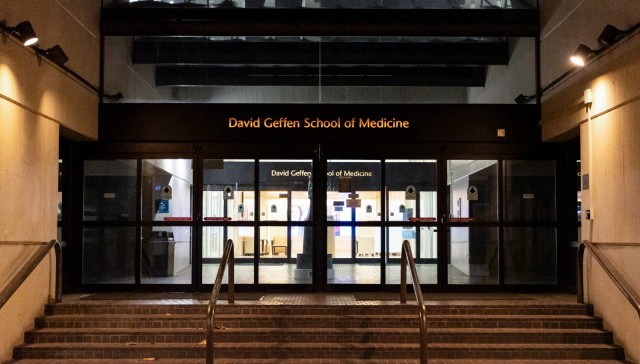A UCLA study has potentially identified a method to halt the progression of Huntington’s disease and alleviate some of the damage it causes, according to a university press release.
The study, which was published in the journal Science Translational Medicine on Wednesday, found that suppressing a mutation in a particular nerve cell could limit the effects of Huntington’s disease.
According to the Mayo Clinic’s website, Huntington’s is caused by an inherited mutation in the Huntington gene. This disease leads to the progressive deterioration of nerve cells in the brain and can have a vast impact on a person’s function, often resulting in movement, cognitive and psychiatric disorders, the website stated.
Huntington’s disease damages astrocytes, which are star-shaped brain cells that perform a number of important tasks. Damage takes place in the early stages of the disease and contributes to the neuropsychiatric symptoms, such as fatigue and feelings of irritability, that occur as the disease advances.
In the study, researchers observed the advancement of Huntington’s disease in samples taken from the brains of deceased humans as well as in living mice carrying the disease.
According to the press release, it was found that suppressing the mutation found in astrocytes enabled researchers to halt the disease’s progression and repair some of the damage caused. Additionally, the study has established a database that can be used to study the role of astrocytes in other neurodegenerative diseases.
The study’s lead investigator Baljit S. Khakh, a professor of physiology and neurobiology at the David Geffen School of Medicine at UCLA, previously led a team that developed a method to examine the brains of mice and observe the influence of astrocytes in real time, according to the press release.

